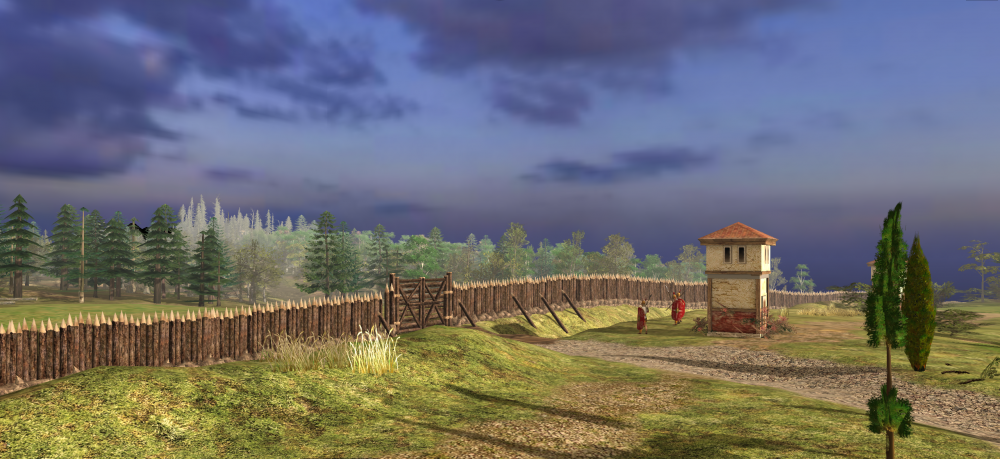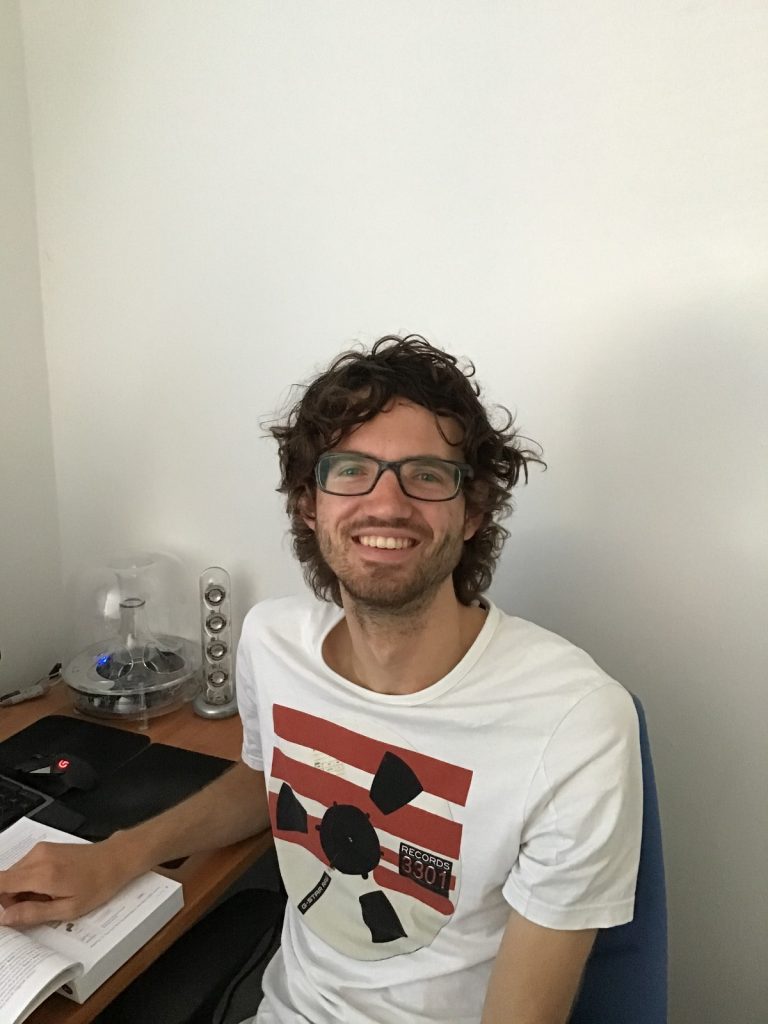A free open-source game of ancient warfare would not be open and free without a dedicated community. The community does not only play the game, but they can also tweak the game to their liking and they enthusiastically use this option!
What are mods again?
A slight distinction can be made between the ‘official’ developers and players that create modifications (in short: modders). The developers of 0 A.D. write the vanilla version of the game, or in this case the standard scenarios (and hopefully in the future the campaigns!). The developers try to create a convincing storyworld, or a convincing representation of the past with a set narrative. The official storyline or ‘vanilla version’ can be defined from a narratological perspective. Secondly, the game design perspective is also of importance. The vanilla version of 0 A.D. for example comes with certain unique units, available civilizations, architecture of buildings, but also the rules of the game itself and other game design elements.
While modding basically refers to all the things a player can change (settings), we are now talking about ‘modding proper’, modifications a player can make that were not in the base game. There are a plethora of flavours one can create to vary on the vanilla version. By adding vanilla in the digital ice machine, players can, especially if the game is open-source, adjust, delete or add game elements. This means that players are actually able to create their own version of the game. Modifications are the digital artifacts players create to enhance their playing experience. 0 A.D. first started as a mod concept as well. Age of Empires II: The Age of Kings was their inspiration, but later on, they created their own engine. What 0 A.D. differs from other games is that it is a community-based game. The community builds, invents, and implements changes provided by other players. The game started as a modification idea and got ‘finalized’ as a stand-alone RTS game.
Modifications were present around the turn of the millennium, but were not as accessible compared to our current year. Adding modifications and other patches to the base game manually was for a non-technical player like a search for the Holy Data Grail. It sounds relatively easy nowadays, but roughly twenty years ago, digital literacy and proficiency was different. In general, a player had to use the Dial-up Internet access (if the player had a stable internet connection at all) first, then finding the right modification and putting the modification in the right file on the computer. Luckily, in our contemporary times, Valve Corporation created the digital distribution centre Steam and the accompanying Steam Workshop for players to add modifications to the platform and install them quite easily. Outside the realm of Steam, Mod Database has countless modifications for all kinds of games.

The approach of 0 A.D.
To return to the official version and modifications, 0 A.D. promotes modifications on their website, which is different compared to the pre-Steam era. Back then, modifications were (or still are) seen as a threat and a violation of copyrights. And by officially using the game, we always read the terms and conditions (not). Modifications can be seen as an illegal breach of the original content, especially when more controversial topics are added on the ‘vanilla’ game. One can think of adding slavery to Sid Meier’s Civilization series or adding explicit Third Reich elements.
Player-developers also added civilizations and brand-new buildings next to the existing civilizations/buildings of the official core game. The Terra Magna modification adds the Zapotec, Han Chinese, and Xiongnu civilizations. The most advanced modification is Delenda Est. This mod brings more destruction to the battlefield with new buildings and introduces the Theban Greeks, the Scythians, and Goths (soon!) among others. Delenda Est also added the Zapotec civilization and partially uses the artwork of the Terra Magna mod. In order to spice up and differentiate gameplay, the Zapotec for example does not have cavalry in the modded game, as they did not have horses back in the pre-colonial days. The civilizations in Delenda Est are based on ‘true’ history according to the modders themselves.

Delenda Est also adds new gameplay mechanics by adding the Glory and Coin resources. Without the modification, heroes could be trained/recruited by spending wood, stone, food and/or metal. By adding Glory as a resource, being a hero in the game is linked to fame. The coin resource is required to recruit mercenaries for your army.
As the mod describes itself as it “[…] serves as a testbed for new ideas that could potentially make their way into the core game.” Modifications are worthwhile to be analyzed, as not only do they serve as a testing ground/fieldlab, but also show player reactions to the ‘canon’/original game. By examining the core game, modifications, and future game updates by the ‘real’ game developers. 0 A.D. is very active on their fora and reacts and interacts with these mods and modders in ways that we don’t often see. It really goes to show how creating a game can be done by developers and modders together nowadays.

Tirreg Verburg has his real Dutch name in the game. He is an independent scholar in the fields of History in- and of video games. With a research master Renaissance Studies gym badge in the pocket, he tries to collect other achievements within the ludic world of game studies and history. Next to being a PC-gamer, he quite frequently returns to the era of the Nintendo GameCube. He also enjoys video game music and has had frequent run-ins with the Oblivion guards.
